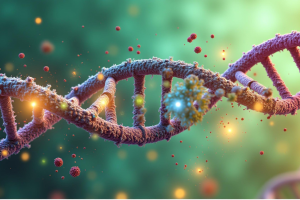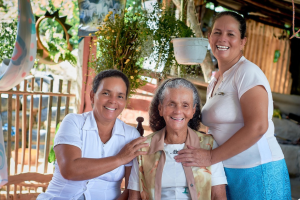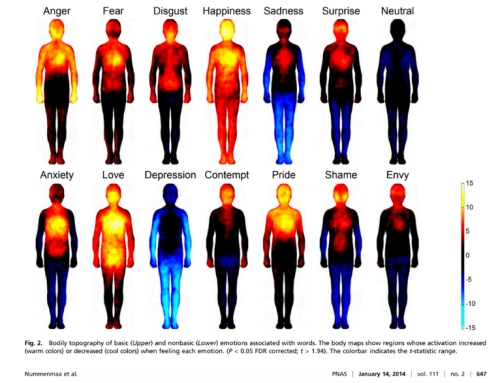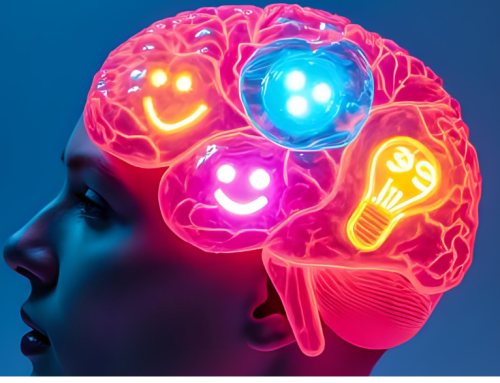The epigenetic clock is one of the most interesting discoveries in the fields of neuroscience and wellness research, which are always changing. This genetic biomarker is a very accurate technique to find out how old we really are, as opposed to just counting the years we have lived.
What is the “clock” that controls epigenetics?
DNA methylation is a natural process that changes how our genes are used without changing the DNA itself. As we become older, certain patterns in our genome become more clear. Researchers call these patterns a “epigenetic clock,” which is like an internal timekeeper that keeps track of time in our cells.
The fact that biological age doesn’t always equal chronological age is what makes this so interesting. Two people who were born on the same day may age at quite different rates because of their health, lifestyle, and the things they are exposed to in their surroundings.
What does this mean?
Epigenetic clocks are different from typical biomarkers because they show us how well our bodies are really working. People whose biological age is older than their chronological age, a condition known as epigenetic age acceleration, are more likely to get chronic diseases, lose cognitive function, and live shorter lives.
“Epigenetic changes can be undone, which makes it possible that DNAm age estimates could be useful for finding or confirming anti-aging treatments.”
– Horvath & Raj, Nature Reviews Genetics, 2018.
This means that the way we eat, move, sleep, connect, and deal with stress may not just affect how long we live, yet also how well we do.
The science of flourishing, inside and out
This area of study fits in perfectly with what we already know about mental health. Flourishing doesn’t just mean not being sick; it also means being full of life, growing, and being involved in all areas of life. We now know that this isn’t only a mental or emotional condition; it may also have biological markers.
“The multi-tissue DNAm age estimator may have revealed the most important thing: the existence of innate epigenetic clock processes that play a role in development, cell differentiation, tissue homeostasis, and, in the end, ageing.”
– Horvath & Raj, Nature Reviews Genetics, 2018.
The fact that these ageing markers are present in many different tissues, from the brain to the blood, makes the case even stronger that our bodies behave as whole systems, not just separate pieces.
So, is it possible to slow down time? Studies say we can. Lifestyle changes have more obvious consequences over time, although good habits do have an influence that can be measured.
“A diet high in vegetables and fish, avoiding obesity, and getting enough exercise are all linked to slower extrinsic epigenetic age acceleration in blood.”
Horvath & Raj, Nature Reviews Genetics, 2018.
What are the most effective interventions? The ones we already know: exercise, eating well, having meaningful social connections, getting enough sleep, and having the right mindset. These aren’t simply empty words about health; they are now scientifically proven ways to help you age effectively.
The bottom line – ageing biologically is not set in stone. We cannot turn back time, yet we can change how it ticks. This does more than give you power; it changes you. We are just starting to figure out how closely our mental, emotional, and physical worlds are connected at the molecular level. The epigenetic clock is a strong reminder that how we live affects our cells.
Explore how our science-backed courses and tools can support you or your team to flourish. Whether you’re starting your journey or deepening your expertise,
Langley Group is here to help you thrive.
👉 Discover our upcoming programmes
📩 Subscribe to our newsletter for practical tips and the latest research
🔗 Contact us to talk about what’s possible for you or your organisation
Let’s create positive change – together.








